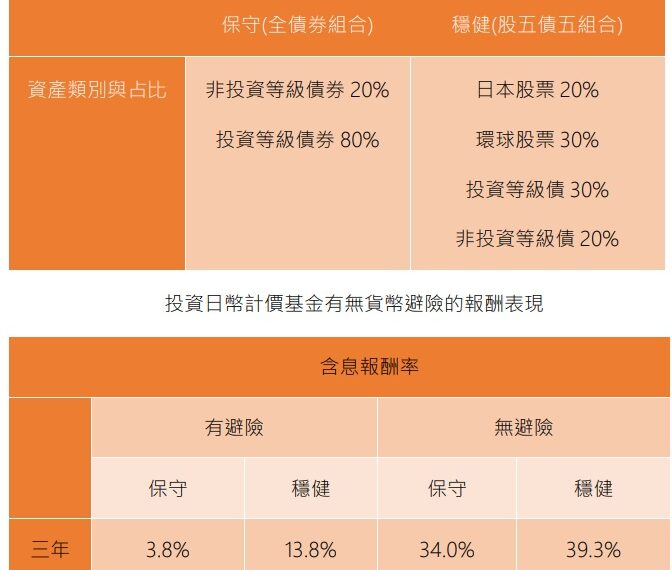HEALTH: The number of patients with severe illnesses requiring long-term mechanical ventilation increased by more than 10 times from 2021 through last year
By Lin Hui-chin and Chiu Chih-jou / Staff reporters
The National Health Insurance Administration (NHIA) is planning to improve palliative care services, allowing patients with terminal illness to achieve a “good death,” as well as allowing their family members to shed the burden of providing long-term care.
According to NHIA statistics, the number of patients who require mechanical ventilation (MV) for more than 21 days (prolonged MV) have increased from 24,444 in 2021 to 257,55 last year, and the medical expense has increased from about NT$2.84 billion (US$88.9 million) to NT$3.05 billion.
The main reasons they are on prolonged MV are chronic and acute respiratory failures, followed by pneumonia and sepsis, the NHIA said.
Last year, there were 2,428 patients who had been dependent on MV for over a year, and 10 patients who had been on MV for over 20 years, including six people who started requiring it when they were under three years old, it said.
The reasons for the six people being ventilator dependent at such a young age included infantile cerebral palsy, hypoxic encephalopathy, virus encephalitis from enterovirus infection, and spinal cord injury from traffic accidents.
The other four people who were on prolonged MV for over 20 years became ventilator dependent at ages between 17 and 35, and their reasons included an electrical accident and hypoxic encephalopathy caused by carbon monoxide poisoning.
The Hospice Palliative Medical Care Act (安寧緩和醫療條例) has been in place for over 20 years, and Taiwan was the first in Asia to enact a Patient Autonomy Act (病人自主權利法) in 2019.
However, physicians have expressed that “end-stage” is sometimes difficult to define, and advance healthcare directives (sometimes called a “living will”) must be signed when the patient has clear consciousness, so people who require prolonged MV can only remain in bed.
“Family members all hope for a miracle, and so do doctors,” National Taiwan University Hospital pulmonologist Ruan Sheng-yuan (阮聖元) said yesterday, adding that clinical healthcare is full of uncertainties, and when facing a patient’s unclear conditions, most doctors would choose to “continue treatment to see if there are improvements.”
While family members would also ask “what will happen if treatment continues,” healthcare practitioners cannot give a clear answer, he said.
Scientific figures have shown that the longer a person is dependent on MV, the less likely they will be able to live without it, but the decision to extubate a patient from MV is still difficult, Ruan said, adding that with support from the National Health Insurance (NHI), family members can afford the medical expense, so it is even harder to discuss the option of a “good death.”
According to the NHIA, NHI payment is separated into four phases, including the “first 21 days,” when the patient is in an unstable condition and treated in an intensive care unit (ICU); “between the 22nd to 63rd day,” when the patient’s respiratory failure is under control and treated on a sub-acute respiratory care bed.
The next phases are “over 63 days,” when the patient is deemed unlikely to come off the ventilator and moved to chronic respiratory care bed; and when the patient is “ventilator dependent,” but can cooperate and has no breathing difficulty or other physiological issues and can return home for at-home care.
NHIA Department of Medical Affairs director Liu Lin-i (劉林義) said that in 2022, the agency had awarded 5,000 to 20,000 NHI points (one point equals NT$1) per case to the medical teams that were treating patients in sub-acute respiratory care beds or chronic respiratory care beds, but have been weaned from a ventilator, or signed a do-not-resuscitate (DNR) order, and received palliative care before end of life.
NHIA Director-General Shih Chung-liang (石崇良) said the agency is improving palliative care services, planning to integrate the relevant information, such as advance healthcare directives registration, to the Family Physician Program.
It would allow people to be smoothly referred to different family physicians with different specialties according to their healthcare needs at different stages of life, such as having palliative care specialists attend to them at the end-stage for achieving a “good death,” he said.
The goal is to provide patient-centered, life-course healthcare, and the agency has started exchanging ideas with experts and will continue to discuss the issue, he added.
新聞來源:TAIPEI TIMES
2024/11/04 05:35
轉載自自由時報電子報: https://news.ltn.com.tw/news/focus/breakingnews/4851420





